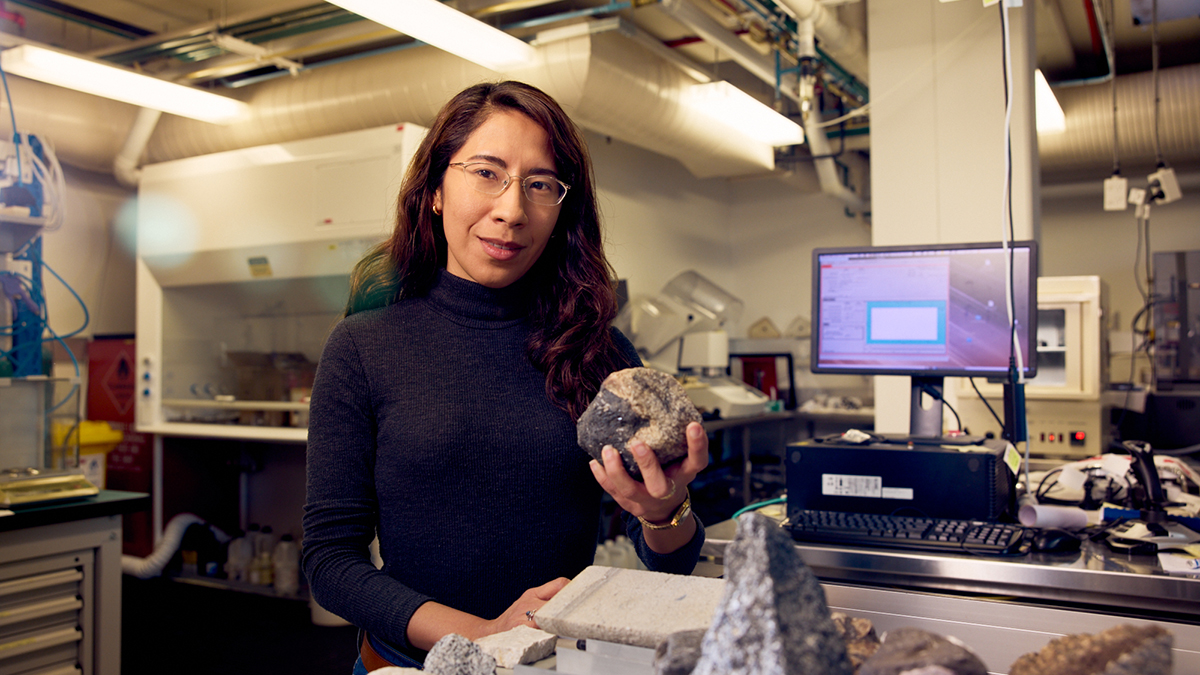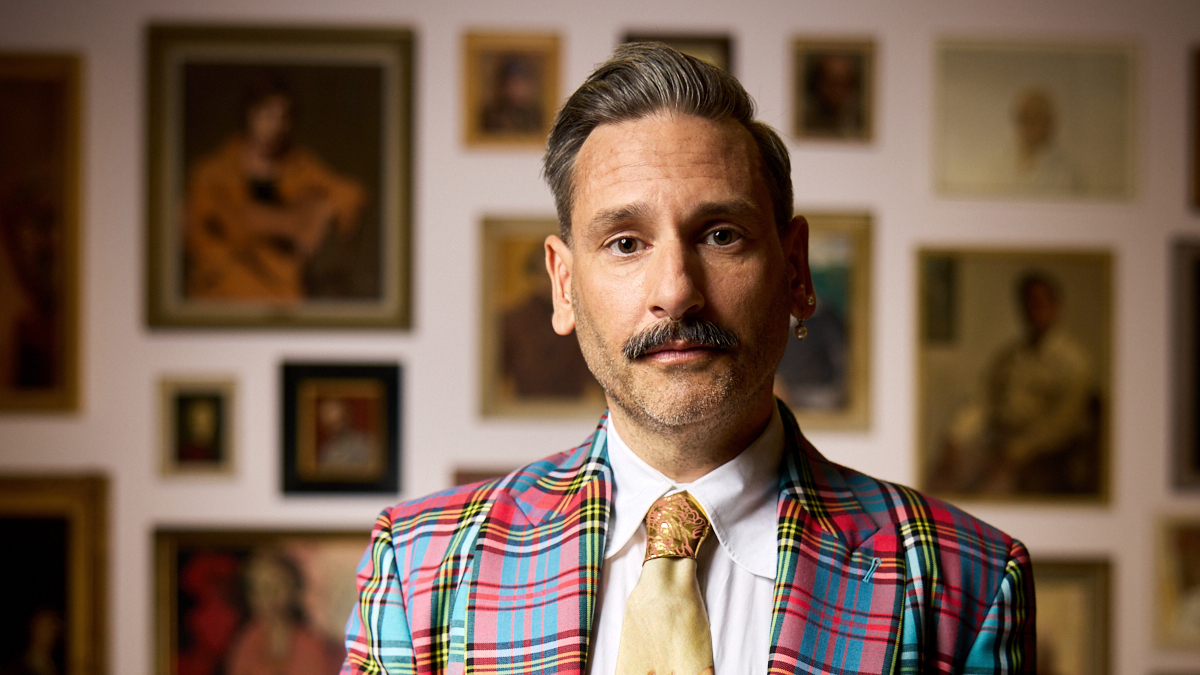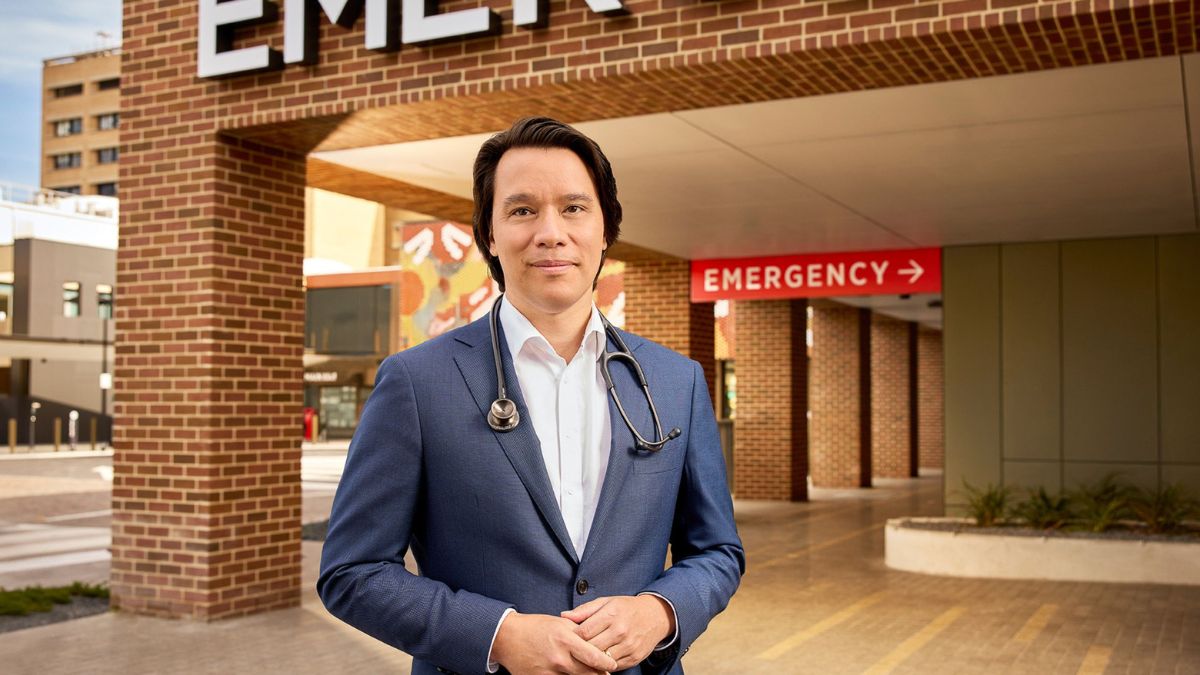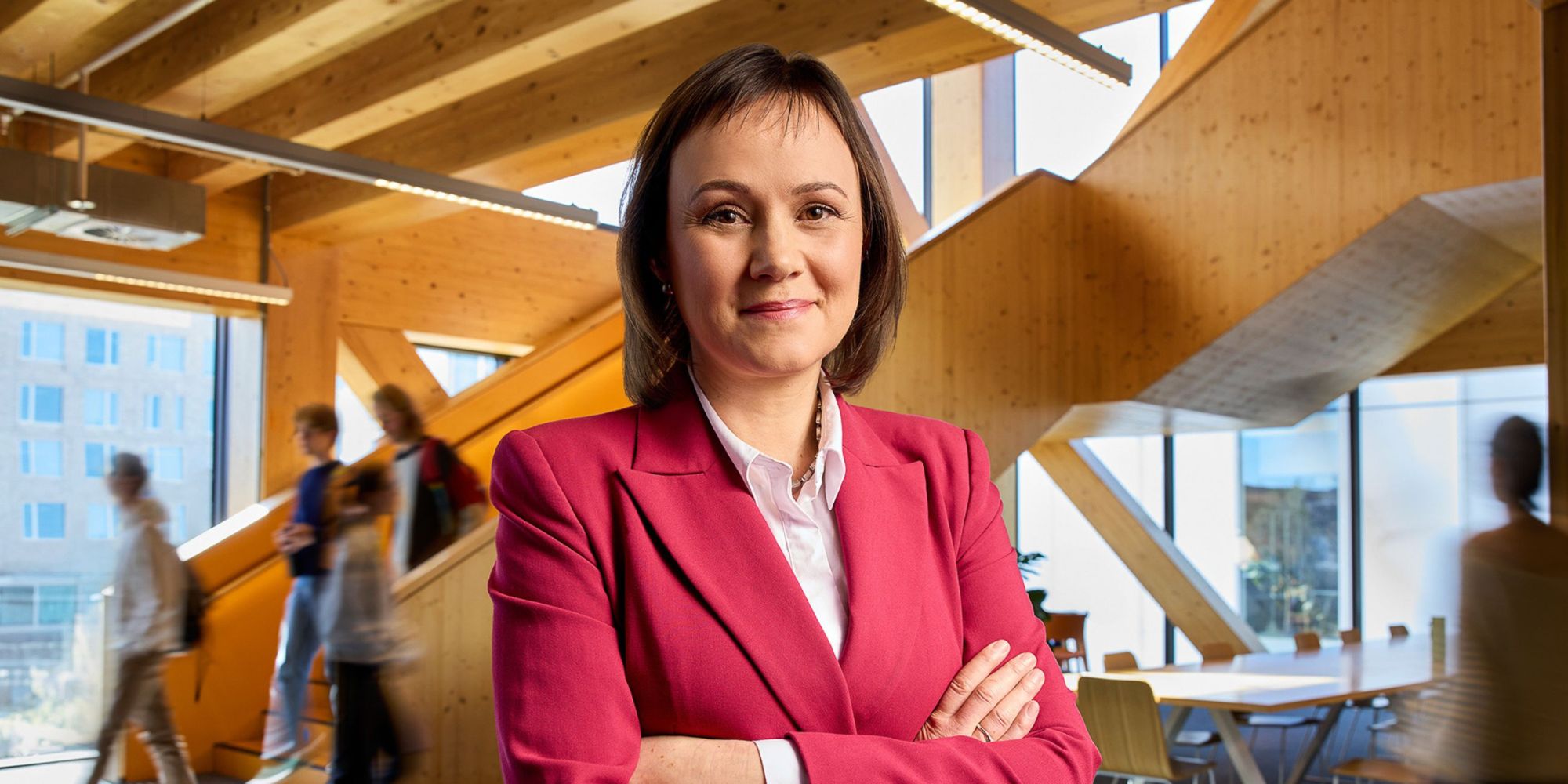
Published on
Anna Olsen: advocacy, anthropology and rethinking drug stigma
As a social scientist, Associate Professor Anna Olsen, from the Australian National University's School of Medicine and Psychology, is fascinated by how people live, think and make decisions – not just as individuals but as part of something bigger. Her work explores the powerful influence of social and cultural norms and how they shape everything from our everyday choices to the policies that govern our lives.
Her main area of research is illicit drug use, with a focus on how society defines what is seen as acceptable or not and how these ideas are tied up with more profound questions about power, inequality and morality. Rather than trying to change individual behaviour, Anna looks at the systems and structures that influence it in the first place.
In simple terms, describe what you do.
I teach Master's students at ANU about health from a social and cultural perspective.
As American sociologist C Wright Mills argued, the advantage of thinking about society is that we learn to connect “personal troubles to public issues.”
I enjoy talking with students about how our circumstances influence our actions.
I also work with people who use illicit drugs to better understand how harm is produced in their lives. It is often drilled into us to think that people harm themselves when they take drugs, but actually, so much of the harm comes from stigma and discrimination.
What's a typical day in your life look like?
I spend a lot of time with my laptop! Reading and writing are big parts of being an academic. Whether marking student assignments, reviewing an article for a journal, replying to an email from one of my community partners or doing data analyses, I could not live without my laptop.
On a fun day, I’ll be out in the field conducting interviews or workshops with people. I am a qualitative researcher, so I don’t do surveys or experiments; I talk with people about their experiences.
It is such a privilege to be paid to record stories about people’s lives and to use these stories to advocate for change in policy and practice.
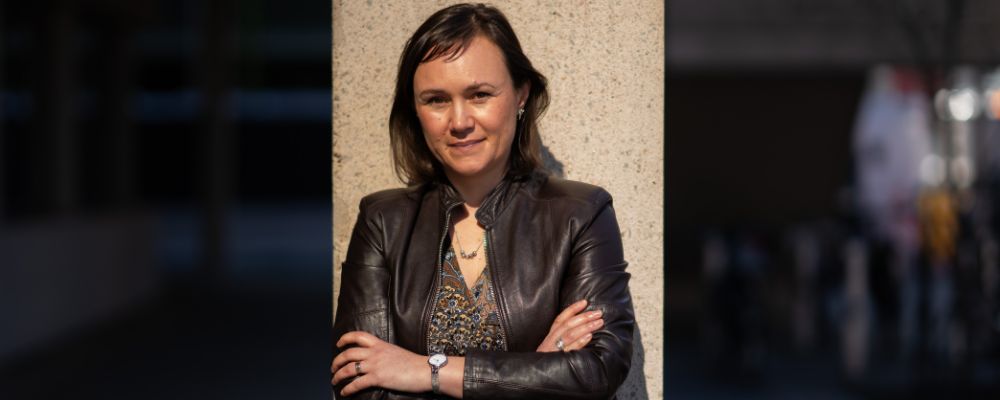
Anna will never stop advocating for public health services in the ACT.
What are some things about you that people might be surprised to learn?
I have always been interested in people and originally applied to university to study psychology. Unfortunately, psychology was mostly rats, stats and old white European men back in those days, and I was pretty miserable.
Thank goodness for electives! I found this mysterious course about medical anthropology. I don't think I even knew what anthropology was. Anyway, 25 years on, and I still have the reading bricks from that course in my office (yes, everything used to be paper-based in those days). Even more amazingly, I am still friends with the now-retired academic who taught the course; we have lunch every few years.
Medical anthropology expanded my worldview and helped me incorporate and appreciate humanity's diversity in my research approaches. Most importantly, for my work in health, anthropology challenged me to consider human behaviour as simultaneously personal and cultural. When we want to improve health, we can't just expect people to act healthy or to change their minds. The culture we live in shapes how we understand and adapt to health and wellbeing issues.

Anna has been at the forefront of pill testing in Canberra — leading trials at music festivals and helping pave the way for Australia’s first pill testing facility.
Learning to appreciate contemporary human societies in all their social, cultural and biological dimensions led me to spend some time in advocacy organisations before and after I completed my PhD. Working outside academia in the 'real world' has given me a solid grounding as a researcher and teacher.
Most of my research is in collaboration with the community and I can't expect them to value the same aspects of research that I do or to work at my pace. To make change through research, sometimes you need to choose pragmatism over high theory.
My background in advocacy has also helped teach students about research and critical analysis. Many students expect research to be neutral and objective, but our work as scientists is always dynamic and cultural.
What's one piece of advice you'd give to future students who are just about to embark on their university journey?
A degree is more than a piece of paper or a pathway to a job. A degree is also more than rote learning to pass exams. Undergraduate study is possibly the only time you’ll have to immerse yourself in adult discussions about important topics for the fun of it.
Turn up to class, talk with your teachers and classmates. It creates room for thinking, creativity and change. Those networks you form in the classroom can create possibilities you can’t even imagine now.
Learn more about the important health research at the ANU School of Medicine and Psychology.

